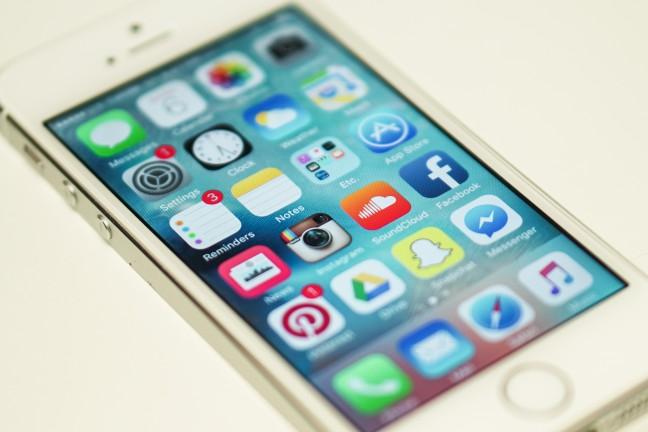Wisconsin Republicans in the state legislature have called for Governor Tony Evers to ban TikTok on all state-owned devices, calling the app a security threat.
These legislators believe the social media application could be used to collect data and serve as an avenue for Chinese government intelligence operations, according to Channel 3000.
The letter was signed by Sen. Ron Johnson and U.S. Reps. Mike Gallagher, Tom Tiffany, Glenn Grothman, Bryan Steil and Scott Fitzgerald, according to Channel 3000.
According to an email statement to The Badger Herald from University of Wisconsin National Security Research Strategist Dave Schroeder, governors have used executive authority in Texas, Maryland, South Dakota, South Carolina and Nebraska to ban TikTok on state-owned devices.
Schroeder said a similar ban could happen in Wisconsin, but it would not affect the personal devices of state residents.
The ban would apply to anything the state owns — such as laptops, desktops and mobile devices — but the implementation of the ban depends on how specific states have set up their IT assets and network management, UW Information School faculty member Dorothea Salo said in an email statement to The Badger Herald.
Salo said that, as a state employee, she would not be able to install a TikTok app on her work laptop, but would be able to do so on her personal phone. She said state agencies with website filtering at the network level could possibly block the TikTok website as well, depending on how the ban is set up.
Concerns over government surveillance are valid, Salo said.
“Because TikTok is controlled by a Chinese corporation, ByteDance, the concern is that [the Chinese government] could either collect private data from users’ devices, or use TikTok’s algorithms to control what people see or don’t see on the app,” Schroeder said.
Officials are worried about how ByteDance, the company that owns TikTok, is able to control their algorithm to influence audiences, Schroeder said. This is even more impactful because TikTok is not available to Chinese users, so the impacts of TikTok’s algorithms are only received by foreign audiences, Schroeder said.
On TikTok’s counterpart in China, Douyin, users are only shown content that the Chinese government has deemed to have a positive social impact, and there is a 40-minute per day limit for users under 14 years old, Schroeder said.
Though there are many concerns over the impact of TikTok on the United States, Salo does not believe the potential ban would accomplish much.
“I have strong doubts many state employees have TikTok on state-owned gear to begin with,” Salo said. “Outreach and communications folks might, that makes sense to me, but most of us wouldn’t. So these bans strike me as a pretty empty gesture.”


